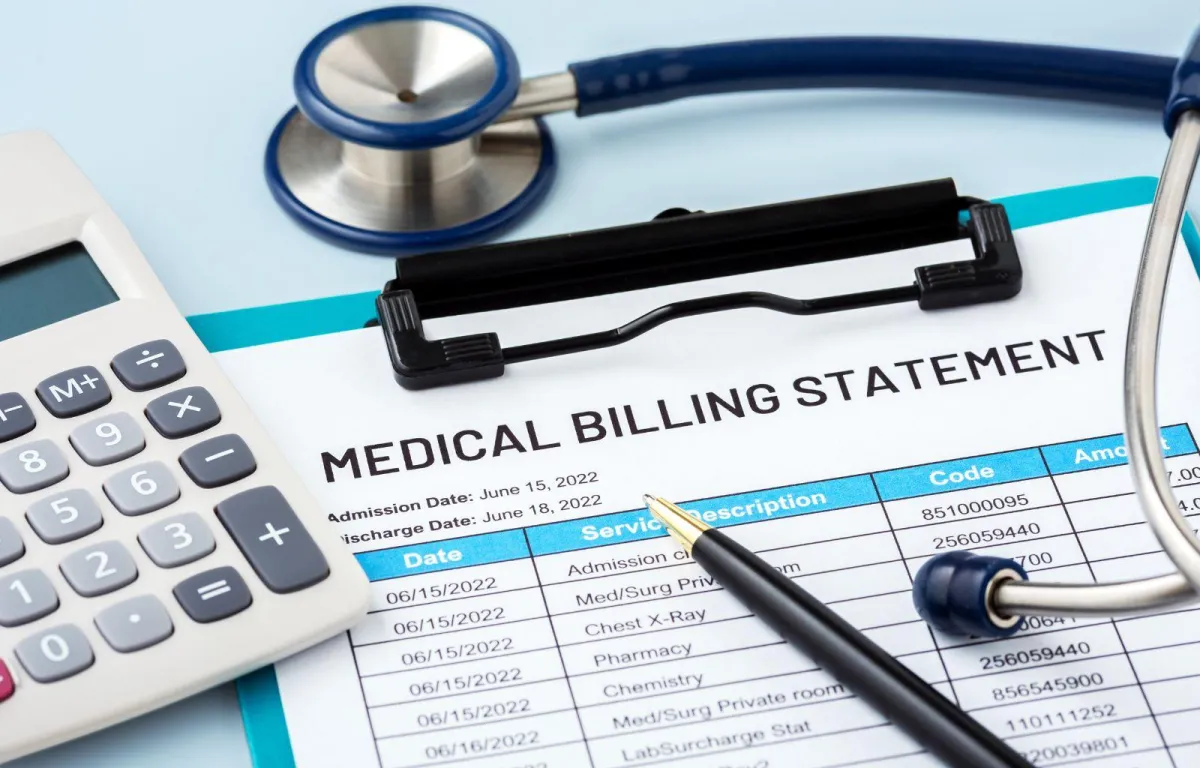Michigan Debt Relief
If you live in Michigan and are struggling with credit card balances, medical bills, or other unsecured debt, you are not alone. Job market shifts, rising living costs, and high transportation expenses across the Great Lakes State make it difficult for many families to stay ahead of monthly payments. Debt Support National (DSN) offers structured debt relief programs that can lower your balances, simplify repayment, and put you on the path to greater financial security.
5-Star Reviews!

Michiganders and Debt
Michigan’s economy has been shaped by industries like automotive manufacturing, healthcare, and education. While Detroit, Grand Rapids, and Ann Arbor continue to grow, many residents still face financial challenges tied to job losses, wage instability, and housing costs.
Michigan drivers also pay some of the highest auto insurance premiums in the nation, adding to the monthly burden. For households already juggling rent, mortgages, or utilities, these costs often push families to rely on revolving credit accounts. High interest rates on credit cards, often above 20%, cause balances to grow rapidly, while medical bills and unexpected emergencies add more pressure. These conditions make debt relief programs an essential resource for many Michigan residents.
When you work with DSN, you can expect:
Personalized Debt Review – A certified specialist examines your income, expenses, and total debts to recommend the most effective solution.
Simplified Monthly Payment – Replace multiple bills with one structured program payment, often lower than your current combined minimums.
A Realistic Path to Resolution – Many Michigan clients complete their programs within 24 to 48 months, depending on the debt amount and program type.
See Our Reviews
Michigan Debt Relief Options
Michigan residents can access several programs that help reduce unsecured debt. Each path works differently depending on individual financial circumstances.
Debt Settlement in Michigan
Debt settlement allows you to pay less than what you owe by negotiating reduced payoff amounts with creditors. DSN works on your behalf to secure agreements that close accounts for less than the original balance. The process typically involves:
Free Consultation – A debt specialist reviews your situation to see if settlement is the right fit.
Program Enrollment – You begin making contributions to a secure account under your control.
Settlement Completion – Once agreements are reached, funds from your account are used to pay the negotiated amounts.
Debts that usually qualify include credit cards, medical bills, payday advances, personal loans, and marital debt. Obligations that cannot be included are secured debts such as mortgages and car loans, along with court-ordered responsibilities like child support and alimony.
Debt Consolidation in Michigan
Debt consolidation combines multiple unsecured debts into a single new loan, giving you one monthly payment. For many borrowers, this approach reduces interest charges and simplifies repayment. Michigan residents often pursue consolidation loans through banks, credit unions, and online lenders. This option is generally best for those with steady income and a fair-to-good credit score.
Debt Management Plans (DMPs)
A Debt Management Plan, usually set up through a nonprofit credit counseling agency, combines unsecured debts into one payment. These programs often provide reduced interest rates and waived late fees. Most DMPs in Michigan last between three and five years, offering a structured and predictable repayment schedule.
State Laws and Protections
Michigan provides strong consumer protections for residents seeking debt relief:
Fair Debt Collection Practices Act (FDCPA) – Federal law that prevents harassment, threats, or deceptive behavior by debt collectors.
Michigan Collection Practices Act – State law prohibiting abusive or misleading debt collection practices, enforced by the Michigan Attorney General’s Office.
Department of Insurance and Financial Services (DIFS) – Regulates financial services in Michigan and oversees licensing of debt collectors.
Statute of Limitations – For most unsecured debts, including credit cards and medical bills, Michigan’s statute of limitations is six years (MCL 600.5807). After this time, creditors cannot pursue lawsuits for collection, though debts may still be reported to credit bureaus.
Residents should also confirm that any debt relief provider is properly licensed and compliant with Michigan regulations before enrolling in a program.

Michigan Debt Relief FAQs
Are medical debts treated differently in Michigan compared to other states?
Michigan residents face the same federal protections under the Fair Debt Collection Practices Act (FDCPA), but many local hospitals and healthcare systems also participate in charity care or financial assistance programs. These options may reduce or forgive medical balances before they even reach collections.
Can wage garnishment happen in Michigan for unpaid debts?
Yes. In Michigan, creditors with a court judgment can garnish wages to recover unpaid debts. State law caps most garnishments at 25% of disposable income, but exemptions apply for low-income households or those receiving public assistance.
What role does the Michigan Attorney General play in debt relief?
The Michigan Attorney General’s Consumer Protection Division oversees compliance with the Michigan Collection Practices Act and investigates complaints about unlawful collection activity. Residents can file complaints directly if they believe a debt collector is acting unfairly.
Does Michigan require debt collectors to be licensed?
Yes. Debt collectors must be registered and compliant with state regulations through the Department of Insurance and Financial Services (DIFS). This ensures that only authorized agencies can legally pursue collections in Michigan.
How do rising utility and heating costs affect debt in Michigan?
Michigan’s long, cold winters drive up heating and utility bills, especially in rural areas. Families sometimes turn to credit cards or personal loans to cover these seasonal costs, leading to cycles of unsecured debt. Relief programs help restructure these balances into more manageable payments.

Helping you achieve financial success with expert guidance and personalized strategies.
Opening hours
Mon - Fri : 9:00 AM - 7:00 PM
Saturday: 9:00 AM - 6:00 PM
Sunday: Closed
Disclaimer : Debt Support National is an independent website created to help users find a solution to their debt problems. Our service is free to use and you are under no obligation to accept any of the recommendations you receive. Calls may be recorded for training and quality purposes. Please check with your service provider for details. On completion of our form, we will introduce you to one of our authorised Debt Solutions provider. We use the contact details you have given us on the form to make this introduction. An adviser will contact you by telephone. During that call, the expert adviser will discuss your options in more detail to see if they can help.
Pulse Digital LLC does not directly administer debt management services. It is ultimately up to you to determine whether the company that we may introduce you to are appropriate for your situation.
Pulse Digital LLC is paid for providing marketing services to selected Debt Management companies who are legally appointed to manage debt adjustment services. They have no affiliation with your Creditors. They will offer free initial consultations with no further obligation.
We use cookies to give you the best experience. By using our website, you agree to our use of cookies in accordance with our cookie policy. Names and pictures associated with client testimonials are not real in order to protect the privacy of all clients.
www.deptsupportnational.com is owned by Pulse Digital LLC. Registered Address: 447 Broadway, 2nd Floor, 754, New York, NY 10013
© Debt Support National. 2025. All Rights Reserved.







